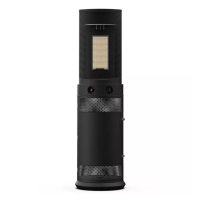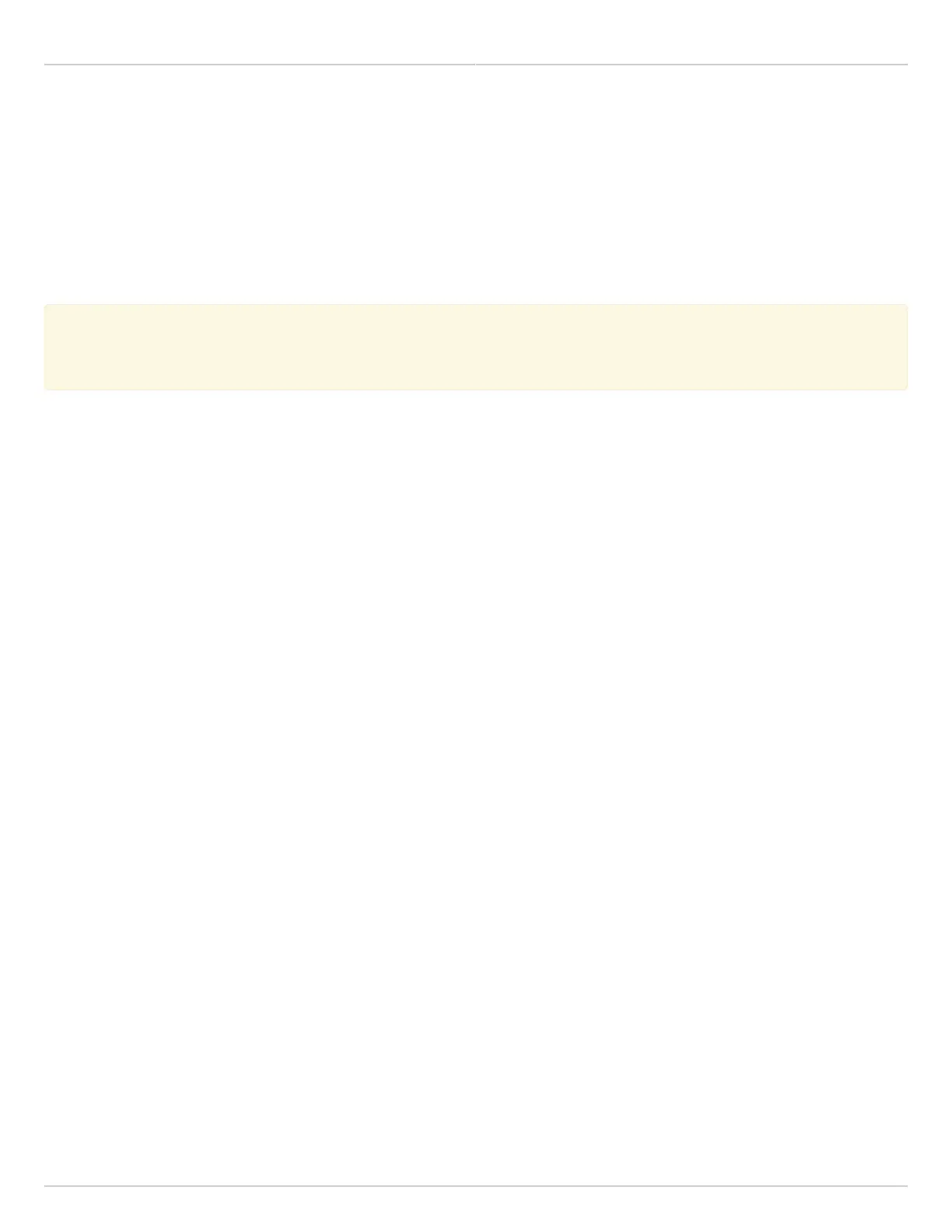Mimosa Backhaul Help Content
Mimosa Backhaul Antennas & Coaxial Cables
Copyright © 2014 Mimosa Page 40
B5c Antenna Compatibility
The B5c has a frequency range of 4900-6000 MHz. Any high-quality antenna optimized for these frequencies will
work.
The Mimosa B5c was designed to achieve the published performance with cross-polar isolation of 20 dB, primarily
because the MIMO processor can discern between signals well at this level. Increasing the cross-polar isolation will
not improve capacity or throughput.
Tip: Some antennas that are rated for “5 GHz” may not cover the entire band. It is common to see
Tip: Some antennas that are rated for “5 GHz” may not cover the entire band. It is common to see
antennas that are specified to work from 5.45 to 5.85 GHz. They may not operate well, or at all, outside of
antennas that are specified to work from 5.45 to 5.85 GHz. They may not operate well, or at all, outside of
their specified range of operation.
their specified range of operation.
Recommended RF Cable for B5c
As a best practice, ensure that cable specifications are available during the design process, and that the total
insertion loss from cable and connectors is included in the link budget.
Mimosa recommends the following specifications for coaxial cables to connect an antenna to the B5c:
Double-shielded, 5 GHz-rated, 50-Ohm, Low Loss
●
Outdoor-rated (UV-stabilized)
●
Inner Conductor: solid 2.74 mm (0.108 inch)
●
Dielectric: Foam
●
Length: less than 2 m / 6.6 feet
●
Connectors:
●
Type N Male for connection to B5c
●
Type N Male or RP-SMA Male depending on antenna connector
●
Please follow the cable manufacturer's recommended bend radius guideline to prevent damage that could lead to
additional loss.
4x4 MIMO with Two Antenna Connectors
The B5/B5c has only two antenna connectors, one for each polarization: horizontal and vertical. The four MIMO
streams are divided both by frequency and polarization. Streams with the same polarization enter an RF combiner
circuit before heading to one of the antenna connectors. The radio at the far end of the link can discern between
frequencies with the same polarization.
Double-slant (45-degree) Antenna Offset
Some users ask if rotating the B5c antenna reduces interference by 3 dB.
In the presence of rain, vertically polarized waves attenuate less than horizontal polarized waves. Rotating the
vertical polarization to be more horizontal would normalize the performance between the two polarizations during
rain events, but it would also result in lower overall performance because of the additional rain fade.
Mimosa has implemented a software Transmit Power Control (TPC) algorithm that attempts to equalize Rx signal

